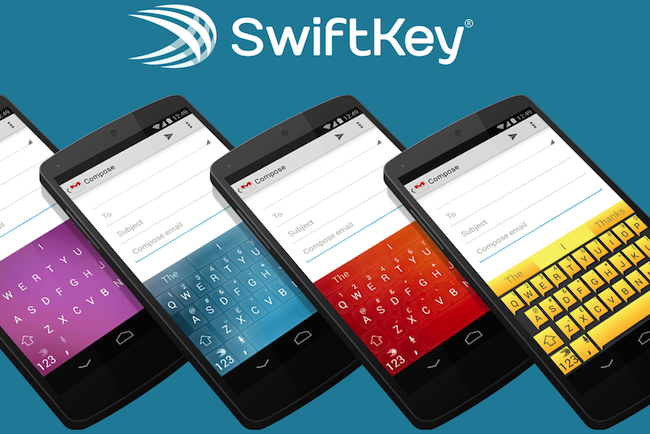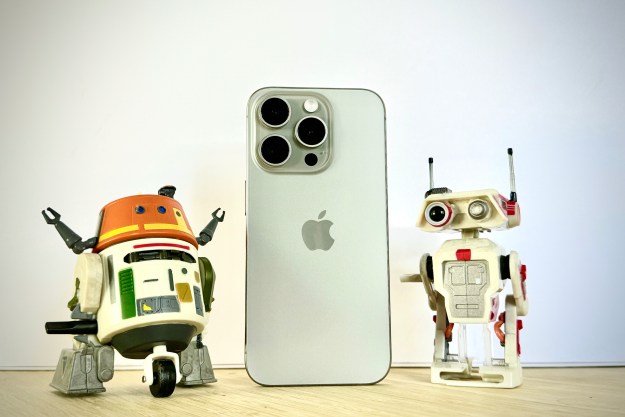
London-based SwiftKey, maker of the popular third-party mobile keyboard of the same name, has reportedly been snapped up by Microsoft in a deal worth $250 million.
An official announcement on the deal is expected this week, the Financial Times said Tuesday.
Launched for Android devices in 2010, SwiftKey arrived on iOS four years later via its Note app before landing soon after as a full-fledged replacement option with the rollout of iOS 8, the first version of iOS to offer support for third-party keyboards.
SwiftKey’s popularity arose primarily out of its impressive artificial intelligence (AI) capabilities that enable it to accurately predict a user’s next word or words. The software learns a user’s language habits, so the more you use it, the better it gets at predicting, which should, in theory, help you to tear through your typed text.
The FT notes that, if confirmed, the deal appears on the face of it to be further evidence of Microsoft CEO Satya Nadella’s promised push into mobile software, and is the latest in a flurry of acquisitions that include other productivity apps such as to-do list software Wunderlist, and calendar app Sunrise.
Besides adding to its stable of mobile apps, it appears the computer giant is also focused on acquiring the talent behind the SwiftKey software. The AI experts recently announced SwiftKey Neural Alpha, another mobile keyboard that takes predictive text to a whole new level using complex machine learning techniques never before seen on a smartphone. You can find out more about the new app here.
Where Microsoft goes from here with its apparent newly acquired startup, we’ll just have to wait and see. What is clear is that the big hitters are getting into AI in a big way. An unnamed person claiming to have information on the deal told the FT there’s currently “a war for talent in artificial intelligence,” with companies like Google and Microsoft sniffing around for the best AI experts.
Recent AI acquisitions by Google include three British startups – Vision Factory, Dark Blue Labs, and DeepMind Technologies, which reportedly cost the Mountain View company $400m.
Editors' Recommendations
- I hate my iPhone’s keyboard, but this app made it better
- SwiftKey finally brings Apple-style Universal Clipboard to Windows and Android


